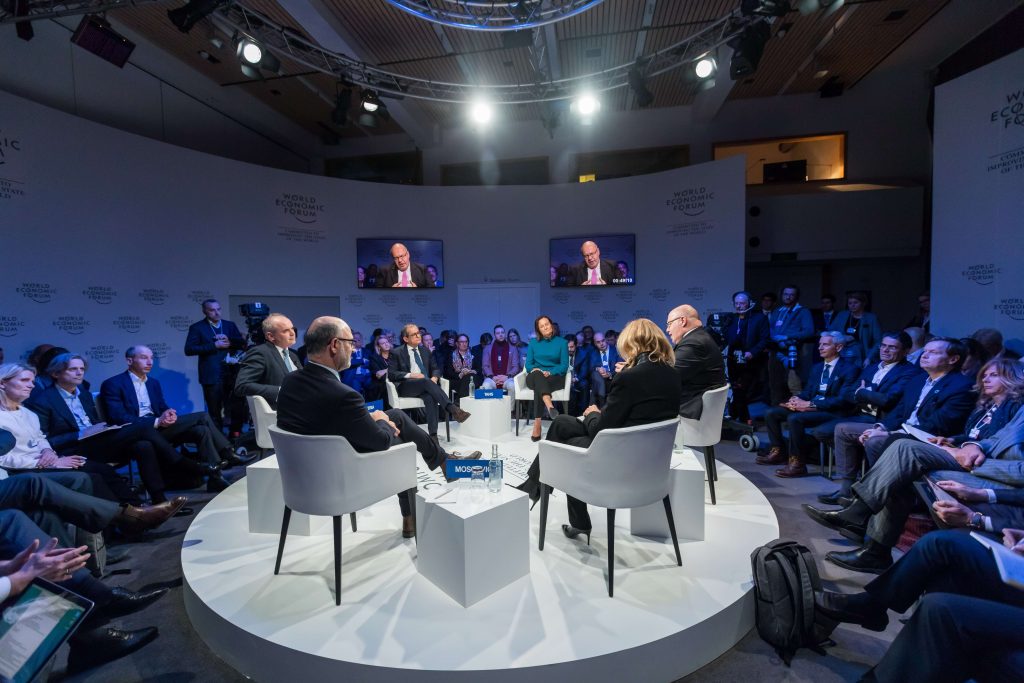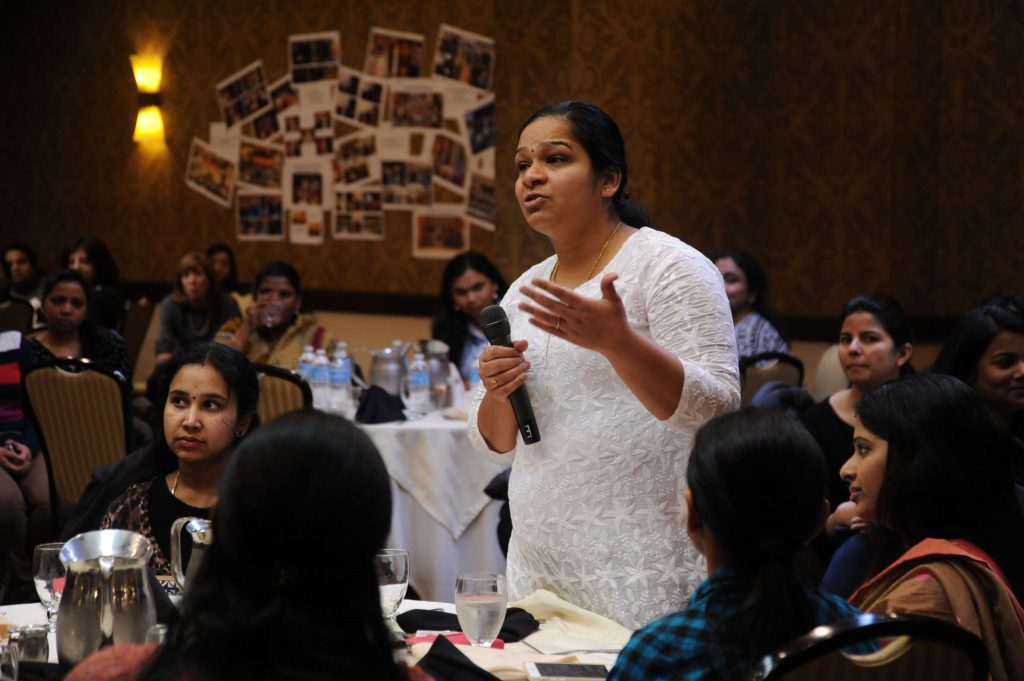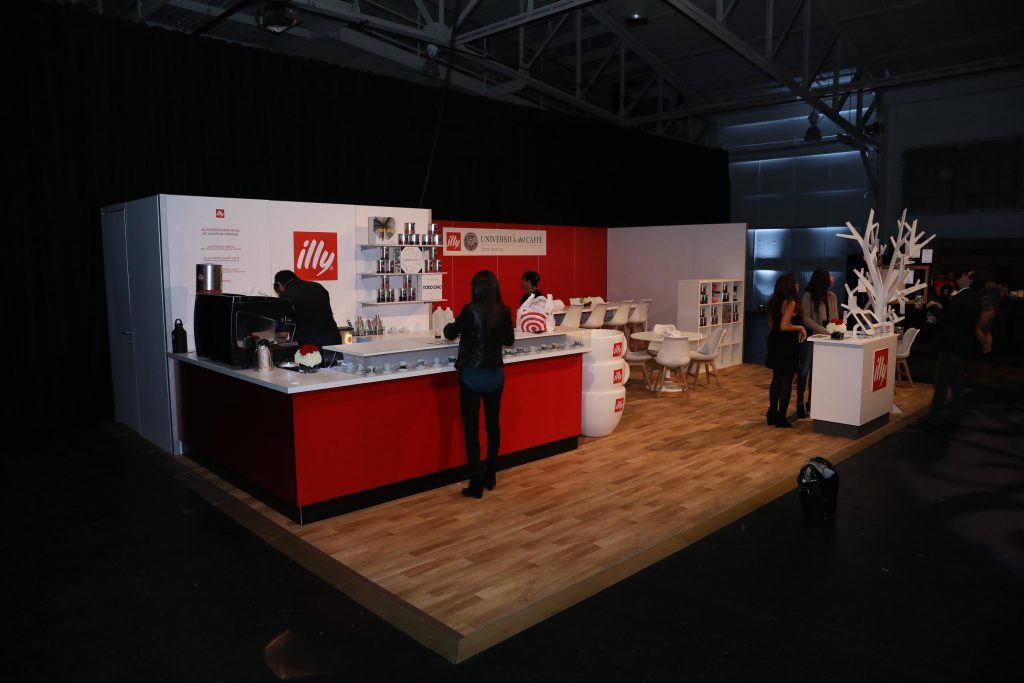Roundtable discussions are both informative and entertaining, making them suitable for a range of live and virtual events. However, this format is one that requires careful planning to make sure that participants stay focused and on topic. When you’re considering how to host a roundtable discussion, a couple aspects matter a lot for success:
- Your goals
- Your audience
- Your participants
- Your moderator
What Is a Roundtable?
A roundtable is a discussion-oriented session of around 6 to 12 participants, along with a moderator. These sessions typically last for 60 to 90 minutes. Participants are chosen for their knowledge and expertise in a specific field or niche, while the moderator is tasked with guiding the discussion and ensuring no single person is able to dominate the conversation. Roundtables work best when the topic of interest is defined in advance, as this allows participants time to prepare.
Benefits of a Roundtable
Roundtables are highly versatile, as they can work as stand-alone events and as part of a larger event. Either way, they offer important benefits for both participants and any audience members present.
- Everyone present has the opportunity to learn from peers, including all participants and the audience, if there is one.
- The roundtable format facilitates discussion of different points of view.
- There’s no hierarchy in a roundtable – Everyone is an equal participant, and everyone’s opinion has equal weight.
Roundtable Format Options
When hosting a roundtable as part of a larger event, there are generally two different approaches you can take:
1. Roundtable with Audience
With this option, you select a group of guest participants to take part in a roundtable in front of an audience of event attendees. You can also include limited audience participation by inviting audience members to submit questions.
2. Roundtable Breakout Sessions
When the goal is to have all event attendees participate in the roundtable, the usual way to do this is to divide the attendee group into smaller subgroups. Each group then holds their own roundtable discussion, ideally in a separate breakout space. If desired, each group can appoint a spokesperson to share their findings with the others in a post-roundtable discussion period.
How to Host a Roundtable Discussion
1. Define Your Goal
As with most things in event planning, a roundtable is most successful when you start by establishing what you hope to achieve. To define your goals, think about the following:
- How does the roundtable fit into the overall event schedule, and what role does it play?
- What do you want participants and/or the audience to get out of the discussion?
Your goals for a roundtable discussion will differ depending on what its purpose is, as well as whether it’s part of a larger event. At a conference, for instance, a roundtable that splits attendees into breakout groups may have the goal of sharing knowledge to solve a particular problem. At a trade show, a roundtable is more likely to be a single-group discussion with an audience of attendees. In this case, one goal is typically to inform and entertain the audience; for the event hosts, there are often additional marketing goals to consider.
2. Define Your Topic
When choosing a discussion topic, it’s important to consider both your goals for the roundtable itself and for the entire event. Choosing a topic that’s both timely and relevant to the industry is important, but they’re not the only factors to consider:
- What topics and challenges are relevant to the industry and to the theme of your event?
- In what ways do these topics and challenges relate to your brand?
- Does the roundtable have a sponsor? If so, how does their brand fit into the picture?
- Does the topic have long-term relevance?
Don’t forget to also consider the audience. Who’s going to be most interested in this roundtable? What topics do they care most about? What challenges and problems do they have that you could address in a roundtable?
3. Invite Participants
This step applies when your roundtable is a single-group discussion held as part of a schedule of content at an event like a trade show. For this situation, you’re looking for industry experts and other notable people who have something to contribute to the topic. In cases such as in-house corporate meetings or conferences, the attendees are also the participants, so you already have this covered.
As with other aspects of planning a roundtable, the nature of the event and your event goals should guide your choice of participants. Overall, you’re looking for people who have something of value to contribute to your topic of choice. This might mean industry experts and thought leaders, CEOs of large or innovative companies, policy experts, and others.
When choosing participants, don’t just look for people with expert opinions. Your participants should be able to engage in discussion without losing their cool, even if the discussion becomes heated. Look for participants who are passionate about the industry and deal with disagreement in a reasonable way.
4. Choose a Moderator
Choosing the right moderator is just as important for the success of a roundtable as choosing participants. A good moderator must be able to keep the discussion going, ensure the conversation remains on-topic, and make sure everyone has a fair share of talk-time. They have to do all this without dominating the discussion. It’s a difficult balance to get right.
The moderator also plays a key role in ensuring that differences of opinion don’t become contentious, so they should be adept at dealing with people who have forceful personalities. In short, your choice of moderator is a key part of the overall success of a roundtable.
Note that the moderator doesn’t necessarily need to be an expert themselves, but they should be familiar with the topic in question.
How can you find a great roundtable moderator?
- Get recommendations from event planners or anyone else you know who has hosted or organized roundtables in the past.
- Check out roundtables and panel discussions from previous industry events to find moderators with relevant experience.
- Meet with people on your shortlist either in person or via Zoom or another online platform to assess them in person.
- Ask potential moderators for professional references.
5. Set the Agenda
Setting an agenda is important because it defines the topic under discussion and helps guide the conversation. The agenda should be provided to all participants and the moderator ahead of the day of the roundtable. It helps everyone prepare for the discussion, helps participants stay on topic, and ensures the roundtable stays on track and finishes on time.
Your agenda should include:
- Introduction: To welcome the audience, restate the roundtable title and topic, introduce participants and the moderator, and give a shout-out to sponsors or partners
- Topic: Introduction of the roundtable topic and its relevance to the industry, the event, and the audience
- Purpose: The main goal of the roundtable; for instance, problem-solving or to share information around a topic
- Discussion points and questions: Specific subtopics or points that will be covered and any questions that are planned for discussion
- Timeline: The start and finish times, along with any time allotted for a mid-session break
- Rules of discussion: Establishing ground rules to help facilitate conversation and ensure every participant gets their allotted share of speaking time
A Successful Corporate Roundtable Starts with Good Planning
Watching a roundtable in action can make the process seem effortless, but it’s important to remember that it’s not just a group of people having an impromptu conversation. Holding a successful roundtable requires preparation and planning. If you need help covering all your bases, contact our event experts at ProGlobalEvents.











